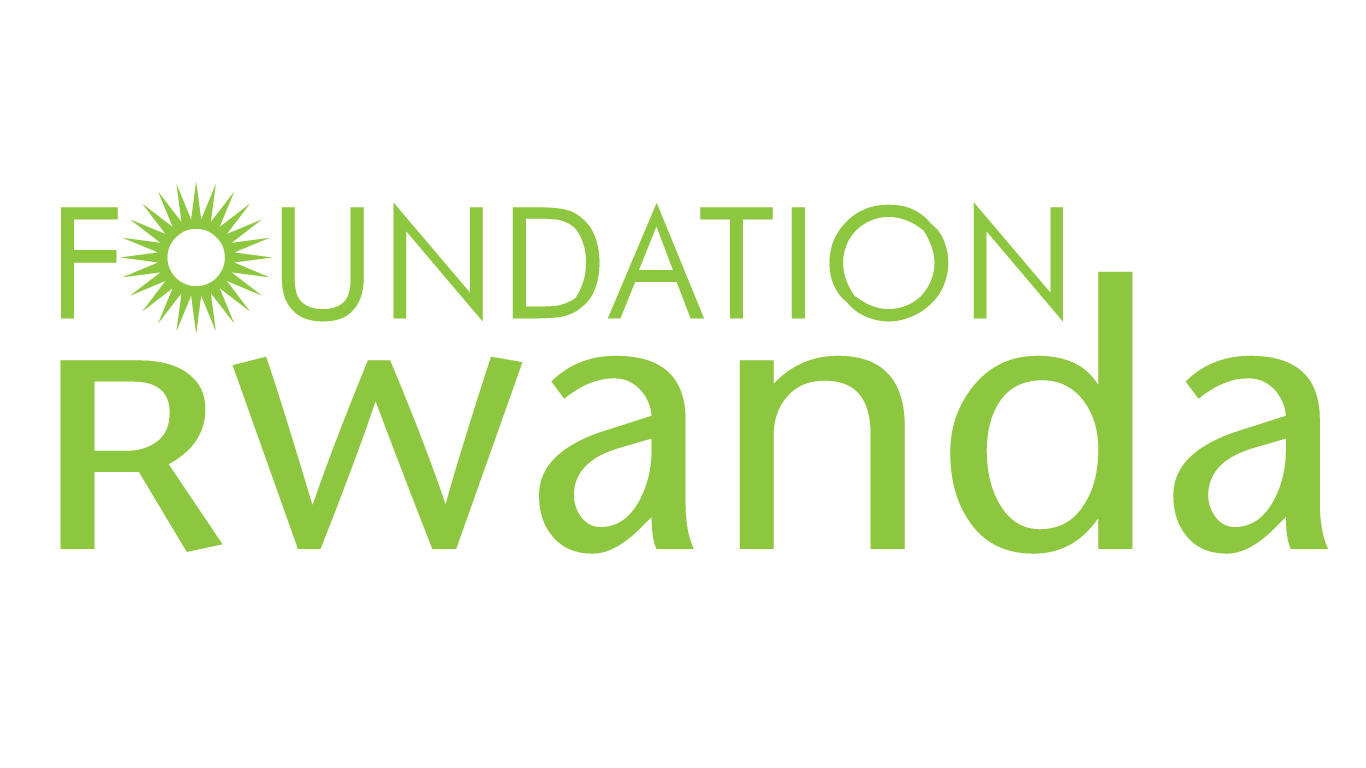Martin and His Mother, Odette
Gasabo, Rwanda
Odette and Martin.
After my mother disclosed to me how I was born, I felt sorry for her because I know that rape or violence is something that causes stigma and something not easy to talk about. The shame that goes with it made it difficult. I think that made it very difficult for my mother to tell me this before. It’s not something I can just accept, I will need to spend time thinking about this. You can’t choose your family, so to accept how I was born is something that will take me time.
Realizing that my father was a killer and rapist makes me feel shame and stigma. Some people might feel sorry for me if they knew I was born from a killer and rapist, but some might think that I have the same behavior traits as my father and think I am violent, so this makes me feel shame and stigma. And to think that my mother has HIV/AIDS because of those rapes is a very heavy thing for me to accept.
For a long time I thought my father was a good man, a soldier who protected my mother, and now I hear this was not the case. This is setting me back in my life and my being. To put together what I thought was true with the reality of this truth is very hard.
Now that my mother has disclosed to me the truth, our relationship will improve, because most of our conflicts resulted from my questions of who I am and who is my father, and her not coming to terms with what happened to her and responding in a very brutal way. So maybe now that this is being resolved, there will be less conflict between us.
If I had an opportunity to talk about what happened in Rwanda, particularly women who were raped during the genocide and had children from those rapes, this is the message I would give: Women were raped and others were killed brutally during the genocide, and I want the world to know this happened. The children who were born as a result of the rapes live with shame and stigma. We live without any family, not from the father’s side and not from the mother’s. It’s a difficult thing. I want to tell fellow children born of rape that this is not the end of their life, just because of how they were born; they should think positively and not be ashamed, because none of us chose how we were born, and we had no role in determining who we are. And today in Rwanda, which is not going according to the tribes, not Hutu and not Tutsi, we are all Rwandese, so I encourage the children who were born out of rape not to be in isolation and feel stigmatized, but to have courage and feel good, because they alone are the ones who will determine their future.
I appreciate that my mother made sacrifices for me, because she could have aborted me. Rape is bad, and for her not to neglect me I respect that, she took the responsibility to raise me and I know it was hard work. She did not enjoy her youth, which was taken away from her by taking care of me. I became a responsibility and a burden to her, but she did her best to raise me.
I know she loves me because she made sure that I grew up and got an education and food to eat. But at an early age she took me to live with other relatives when she went back to school for five years; when she came to see me I called her aunty, not mother. I didn't see her for so long I thought she was my aunt.
One day in 2016 I sat with her, and I asked her “I want you to tell me that you love me, you never tell me that you love me.” She just said, “I took care of you and did everything for you.” But she couldn't say the words “I love you.. I still respect her as my mother; without her I would not be here. When I asked my mother if she loves me or not, she said, “You are now mature and grown up, it is not important for me to say I love you.”
-Martin, son of Odette, 2018


